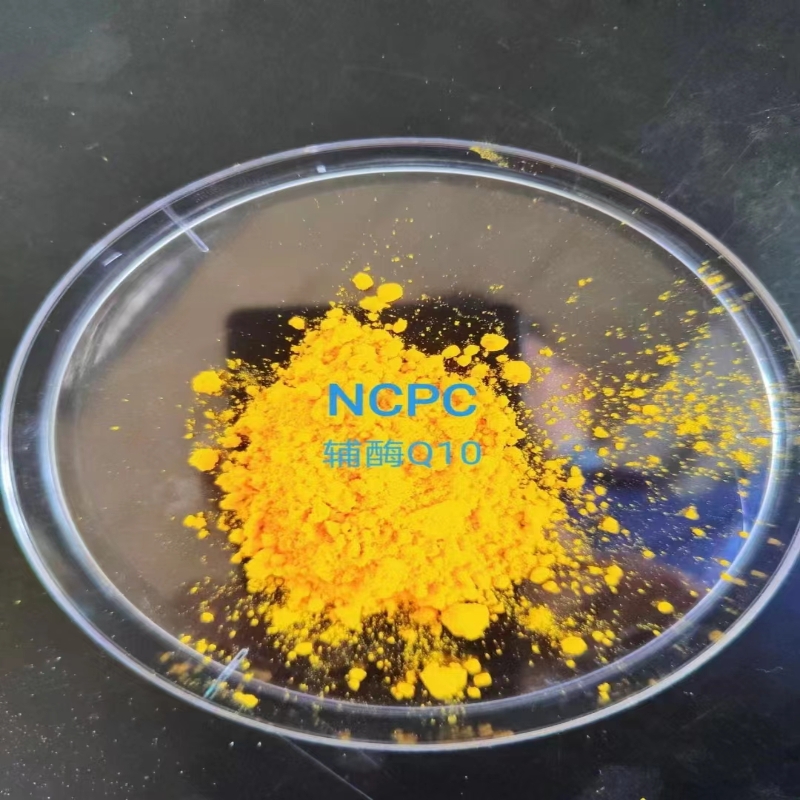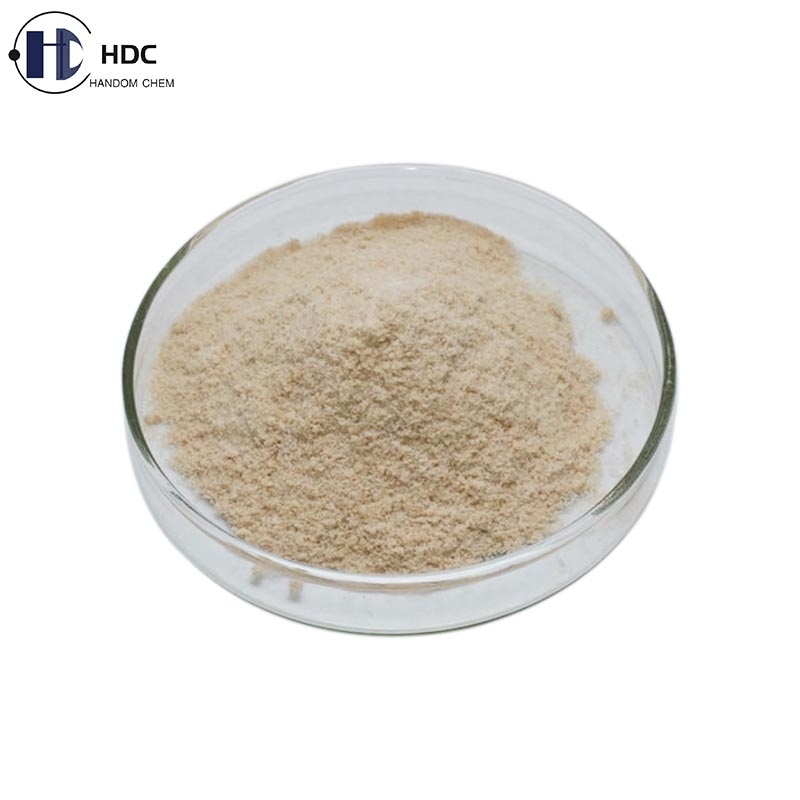EU researchers have found that biological enzymes can neutralize drug residues
-
Last Update: 2015-08-11
-
Source: Internet
-
Author: User
Search more information of high quality chemicals, good prices and reliable suppliers, visit
www.echemi.com
Modern medicine widely uses synthetic or natural compounds and antibiotics, which have made great contributions to human and animal health However, the natural excretion of these drugs, the final drug residues through various channels into the wastewater, and then into the water cycle system The current wastewater treatment technology can not completely remove these drug residues, which has accumulated in rivers, lakes and groundwater, and even has entered the drinking water supply system According to the Research Report of the World Health Organization (who), even if a small amount of harmful compounds, antibiotics, hormones and other drug residues enter the water circulation system, they will cause great harm to the endocrine system of human and livestock, leading to many diseases, such as cancer, birth defects, gender confusion and other endocrine disrupting diseases, especially inhibiting male testosterone to cause infertility The 7th EU research and development framework program (FP7) provides 2 million euros in funding, with a total R & D investment of 2.6 million euros The European endetech research and development team is composed of four EU member countries, France (general coordination), the Netherlands, Germany and Spain, and biomedical researchers In recent three years, it has been proved that biological enzymes from nature can be used as catalytic proteins in chemical reactions, and can effectively neutralize harmful drug residues in wastewater or water purification The R & D team first selected four drug residues that are widely existed in traditional wastewater treatment and difficult to remove as research objects, namely tetracycline, erythromycin, sulfamethoxazole and ciprofloxacin Through the analysis and comparison of repeated experiments, the so-called "efficient" enzymes which can effectively neutralize the above drug residues were screened out On this basis, the advanced technology and method of embedding enzymes into the filtration membrane were developed, which successfully neutralized the drug residues in the wastewater treatment process Four different types of wastewater treatment plants have been selected to verify the innovative technical methods, and the preliminary results have been confirmed At present, the R & D team is focusing on the enzymatic treatment of other harmful drug residues, and actively looking for industrial partners to develop production related technologies on a large scale The European Commission has commissioned research and development teams to develop new EU standards for drinking water and environmental drug residues.
This article is an English version of an article which is originally in the Chinese language on echemi.com and is provided for information purposes only.
This website makes no representation or warranty of any kind, either expressed or implied, as to the accuracy, completeness ownership or reliability of
the article or any translations thereof. If you have any concerns or complaints relating to the article, please send an email, providing a detailed
description of the concern or complaint, to
service@echemi.com. A staff member will contact you within 5 working days. Once verified, infringing content
will be removed immediately.







